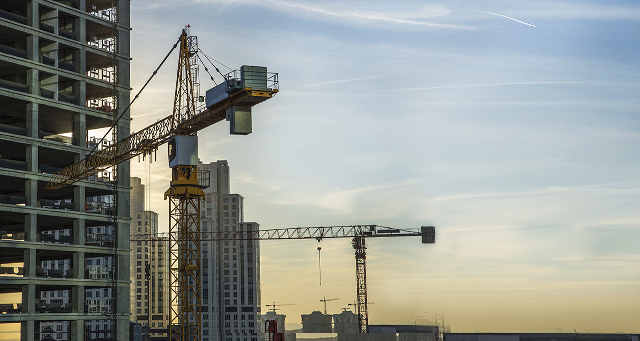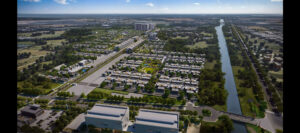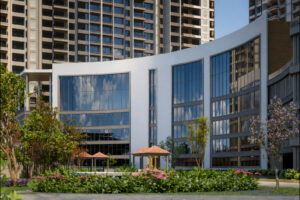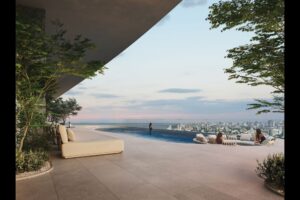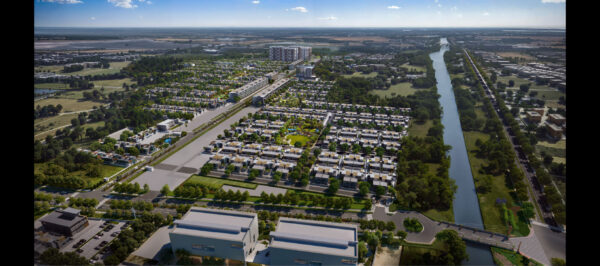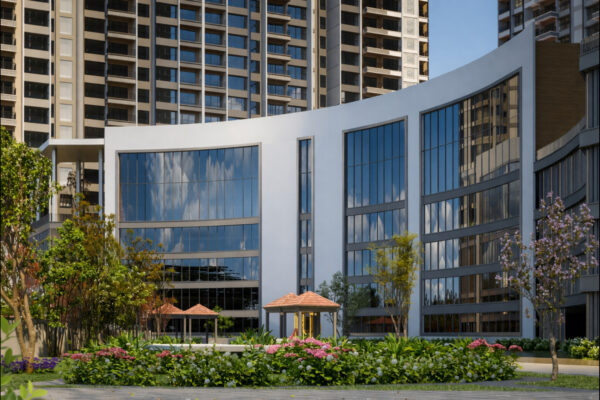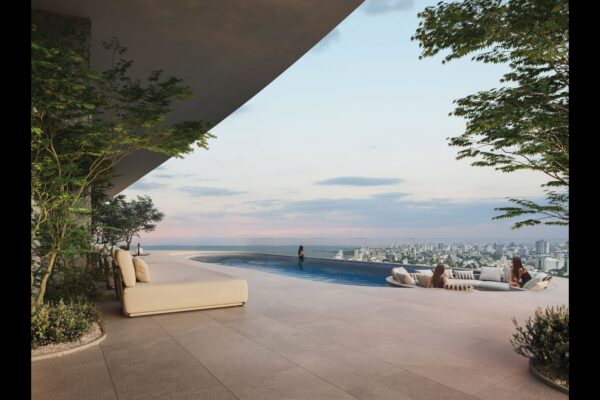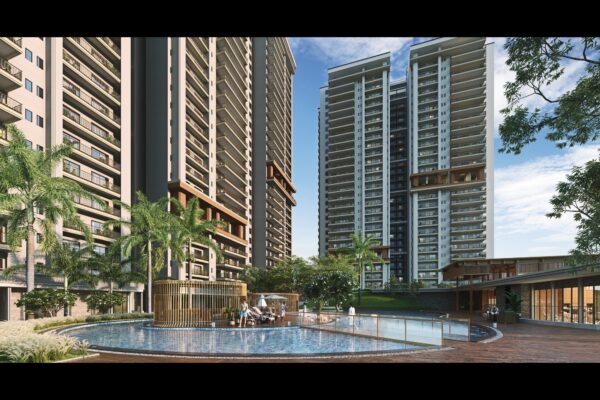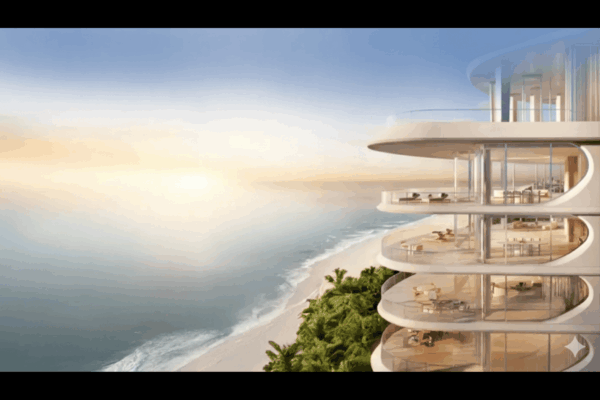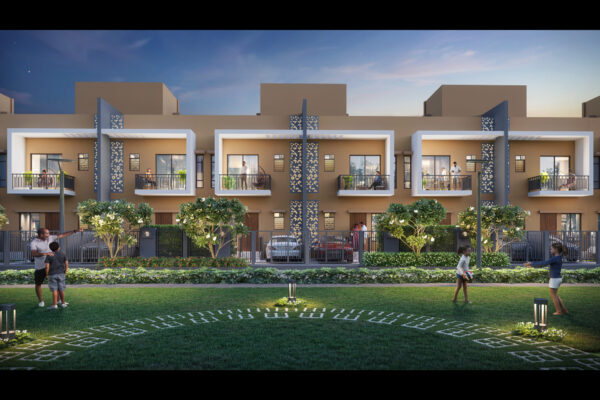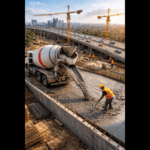Is redevelopment the future of urban living?
by Dhaval Barot, Managing Director, Bharat Realty Venture
As cities flourish and grow, there has been an evident change in the way people live and lead their lives. Urban centres are in the process of upgrading their lifestyles with the constant growth of modern living. The unrelenting demand for modern living has created a curve in India’s real estate as redevelopment gains momentum in major cities like Mumbai, Delhi and Bangalore. Redevelopment focuses on recreation, upgrading ageing buildings, and transforming neglected areas, offering potential solutions to many of the challenges cities face. This new and promising trend presents homebuyers with an exciting opportunity to invest in properties with modern amenities and enhanced infrastructure. Homebuyers can own properties that upgrade their standard of living by providing a space designed to cater to the needs of modern living.
The art of redevelopment
Redevelopment’s core is the process of renovating, repurposing, or reconstructing existing underutilised and obsolete properties. The overarching objective of redevelopment is the transformation of older structures into modern, environmentally-friendly and profitable real estate assets, with a focus on improving the quality of life and work environment. This trend is a way to enhance the resident’s quality of life with the addition and inclusion of modern amenities like gyms and elevators. This process might include demolishing older buildings to make way for new construction, and revamping old neighbourhoods with modern, more sustainable infrastructure. It also involves converting industrial areas into mixed-use areas that include commercial, residential, and recreational elements. Developers are being compelled to modernise existing areas due to ageing colonies, dilapidated buildings, space limits, and growing urbanisation. This new trend of redevelopment projects provides a chance to make better use of properties in densely populated cities where space is constrained, frequently leading to a greater number of housing units. This is helpful in meeting the increasing need for affordably priced homes in urban areas.
The limitless benefits of redevelopment
Urban space maximisation: The available spaces become increasingly scarce as the urban population continues to grow. Redevelopment opportunities in cities provide ways of utilising land while maximising old or underutilised space. Developers can demolish or upgrade older structures and bring in the spaces of high-density housing, offices, retail outlets, and recreational areas in places where new development would be expensive. It is, therefore, quite efficient to keep up with the growing needs of living in the city through redevelopment.
Modern amenities: Redevelopment comes with a number of advantages. One of the most significant ones being the addition of modern amenities. Old buildings may not have the most modern amenities but new buildings and redeveloped communities often come equipped with state-of-the-art amenities. These aesthetically pleasing amenities include gyms, rooftop gardens, community lounges, smart home technology, and high-speed internet infrastructure. Convenience and connectivity are two major priorities for aspiring homeowners today, and these amenities make redevelopment projects much more attractive than older and outdated buildings.
Improved connectivity: Another important advantage of redevelopment projects is that they often take place in areas with convenient access to public transportation, or developers may include new transit hubs in their plans. In comparison to previous areas, refurbished neighbourhoods typically offer better connectivity, whether it be through access to bike lanes, bus terminals, or metro stations. This results in shorter commutes and more convenient city transit for buyers.
Environment sustainability: Redevelopment initiatives significantly contribute to more sustainable urban areas alongside conserving space. There is a chance to lower construction waste and carbon emissions through new buildings because these projects follow the age-old adage of reduce, reuse, and recycle. The majority of rehabilitation projects also frequently incorporate eco-friendly building techniques, such as green roofs, energy-efficient designs, and sustainable materials, making them highly desirable to environmentally conscious buyers.
Increased advantages to existing tenants: One of the major advantages of redevelopment is an improvement in the living conditions of existing tenants. As the FSI permissible in redevelopment projects increases, the tenants could be provided with expansive homes or more space in addition to what they possessed earlier, thus improving their standard of living to a considerable extent. The redevelopment process also usually modernises the older buildings, including upgraded plumbing, electrical systems, and structural improvements, offering the tenants much better living standards.
Redevelopment aesthetics: Catering to today’s lifestyle
As urban lifestyles become more and more altered, redevelopment projects are increasingly being designed to better suit the modern homebuyer. Many people work at home, or work with a hybrid schedule, creating a new set of demands for a flexible living space. Many redeveloped homes have open floor plans that can be used for a variety of purposes – home offices, gyms, or for entertainment purposes. A large focus on health and wellness is another way redevelopment caters to the needs of people. Developers today prioritise on delivering maximum natural light, air quality, and proximity to green spaces, like parks or community gardens. Beyond that, some projects also come with wellness amenities, such as yoga studios, walking tracks, or dedicated bike lanes to encourage an active lifestyle. For future homebuyers with intentions to use the home to support their well-being, there are numerous redevelopment projects that meet this requirement.
With the numerous benefits that redevelopment has to offer, it appears at the core of all future planning related to urban living. People still hope their cities will continue to grow and adapt to more modern lifestyles, and therefore, redevelopment projects can become efficient and sustainable ways to cope with an increasingly urbanised population. Modern developments of housing bring better infrastructure as well as improved amenities along with more walkable and connected communities for homebuyers, giving them a glimpse of what city living has in the future.

